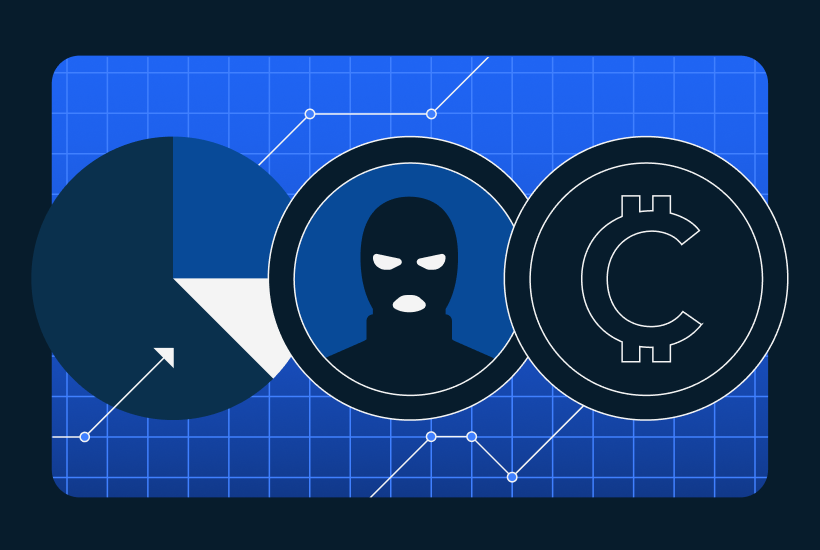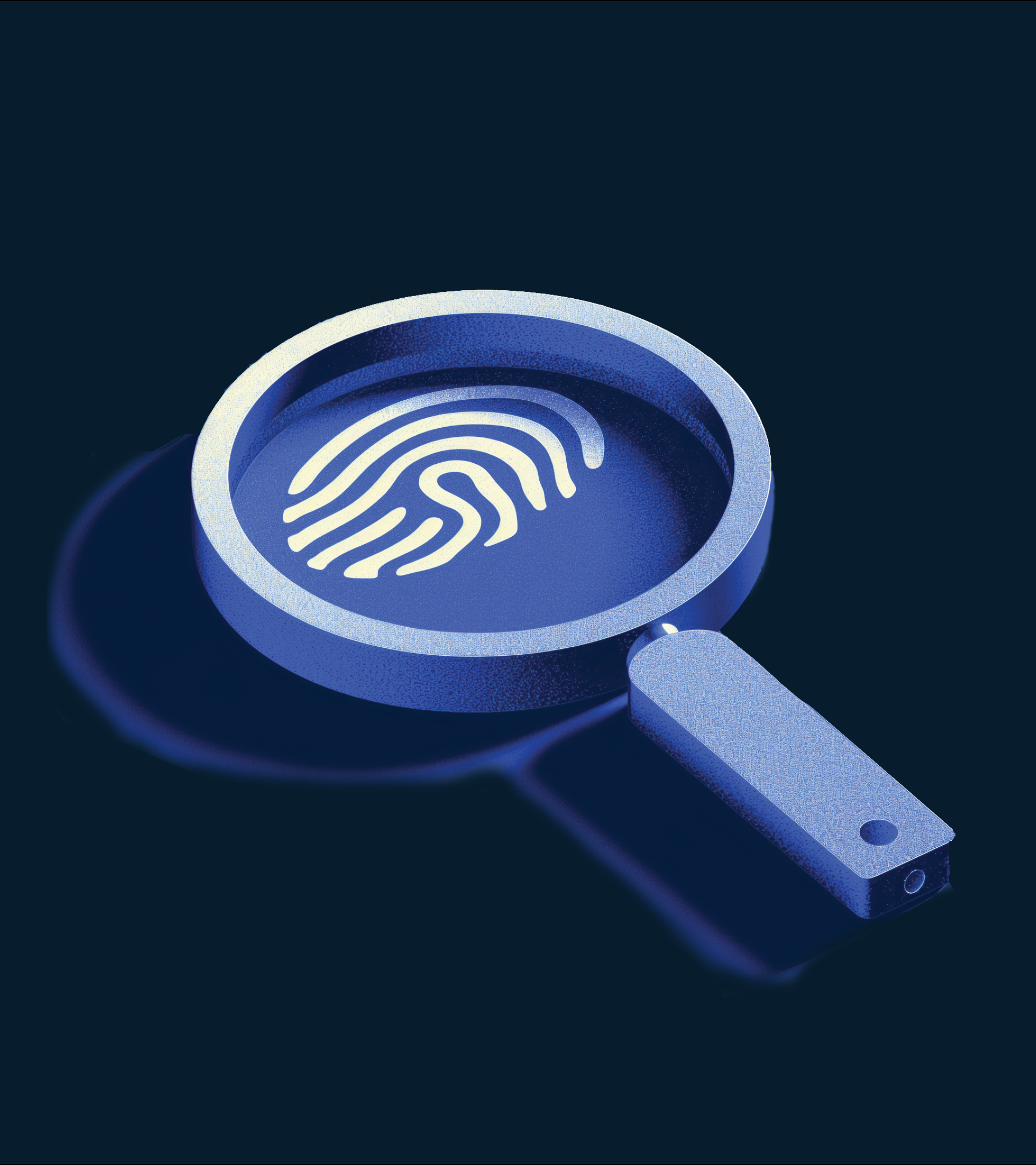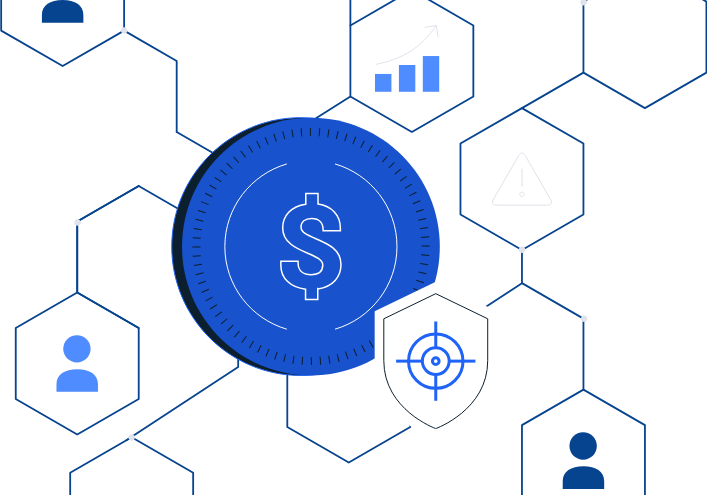Crypto Fraud in the UK

In 2022 alone, the UK suffered 4.5 million incidences of fraud, committed in person, over the phone and online. Digital assets are becoming a larger part of the UK’s fraud landscape, with 8 out 10 frauds now having a digital element.
Fraud in the digital asset era
In August 2022, fraud data released as part of a Freedom of Information Request found that fraud involving cryptoassets is on the rise. In 2019, 3244 reported fraud cases resulted in GBP 55 million in victim losses. By 2021, cases nearly tripled to 9427, with a staggering GBP 190.5 million stolen.
Whilst data for 2022 remains incomplete, the trend is likely to continue: losses from January to August 2022 totalled GBP 160.6 million, on pace for a yearly figure in the region of GBP 240 million.
This data, however, is likely just the tip of the iceberg. Instances of fraud are notoriously underreported, made worse by the challenge of capturing the ever evolving nature of crypto fraud.
When it comes to crypto scams, the most common forms that these take are:
- Investment scams: Often pyramid or investment schemes that ask for deposits in crypto currency.
- Romance scams a.k.a. Pig butchering: Use psychological manipulation to part victims from their funds
- Drainware: Deploy hidden code to gain control of a victim’s wallet and drain them of their funds and other assets
What is the impact of fraud?
On a personal level, losses from fraud have devastating consequences for victims’ emotional wellbeing, with many reporting stress, anxiety and depression. This is further compounded by the feelings of shame and secondary victimization of having to disclose to family, friends and law enforcement that they fell victim to such a crime.
Conversely, the distancing effect of the digital communications that enable the frauds can allow offenders to be insulated from the human consequences of their crimes.
From an economic standpoint, fraud also has a significant impact on the UK economy. The Economic Crime Plan 2019-2022 released by the UK government in 2019 estimated the cost of economic crime to the British economy sits at GBP 14.4 billion per year, with fraud alone accounting for GBP 6.8 billion annually.
What can be done?
Tackling fraud and the growing use of crypto-assets requires a multi-pronged approach, starting from raising public awareness on identifying crypto-based fraud, all the way to leveling up on-chain investigation capabilities and developing robust enforcement frameworks.
Public Service Campaigns
The Serious and Organised Crime Strategy makes this clear by using the Pursue, Prevent, Protect and Prepare (or 4P) approach.”Protect” messages or public service announcements focussing particularly on vulnerable and hard to reach groups are a vital educational tool. With crypto-enabled frauds often relying on FOMO (the Fear Of Missing Out), ‘protect’ messages seek to disrupt this tactic by creating a moment for a victim to pause and consider what they are doing. The UK’s ‘Take Five’ campaign is one example of this strategy.
The private sector is vital to the success of such campaigns. In a 2022 report, the House of Lords noted the use of ‘pause’ messages by challenger bank apps in trying to prevent Authorized Push Payment fraud, a type of fraud where a person is tricked into sending funds to a fraudster who is posing as a genuine payee.
Publicly Available Tools
Public tools can also help identify when an interaction might be fraudulent. For example, checking a wallet address to which someone is being asked to send money against the ChainAbuse database can reveal whether that wallet has been linked to fraudulent activity.
Law Enforcement Access to Investigative Tools
Law enforcement must also have the capability and capacity to investigate complex fraud cases that cause the most harm. To keep ahead of the latest trends, officers need bespoke training and blockchain intelligence tools that can help identify investigative leads, assist in building cases against fraudsters, and follow the money.
It is important to note here that fraud cases are rarely one-offs: blockchain intelligence can help investigators link different instances of fraud cases together, highlighting the organised structure of fraud and mapping out the network, as well as identifying key transactions and wallets. This enables funds to be identified, wallets blacklisted and assets held within exchanges frozen.
What comes next
Successful prosecutions and asset recovery can boost public confidence by showing that law enforcement has the capability to investigate cases and bring offenders to justice. In the UK, the passing of the Economic Crime and Corporate Transparency Bill later in 2023 will expand the scope of law enforcement agencies to seize suspect crypto assets in more cases, increasing the likelihood that they will be returned to victims.
Fortunately, the UK has a unique data and reporting architecture that can spot trends in fraud as they develop. Action Fraud and the National Fraud Intelligence Bureau– both government initiatives– receive, view and interpret fraud data across all police forces.
Using this data to identify trends early, and providing forces with the tools they need to counter these trends on the ground, bolsters the UK’s ability to combat crypto-enabled frauds.
Lastly, with illicit actors finding new and innovative ways to commit fraud and cover their tracks, the development and implementation of dedicated virtual asset investigation teams across UK law enforcement both at the regional and national level is now clearly indicating law enforcement’s cohesive and collaborative efforts to disrupt fraud within the UK and protect the UK population.
Find out more about how TRM Labs can help crack down on crypto-based fraud:
- Chainabuse: Report scams across multiple blockchains
- Beacon Network: Connecting law enforcement investigators with cryptocurrency exchanges and other virtual asset service providers (VASPs) in the aftermath of critical incidents like crypto hacks
- TRM Forensics: Trace the source and destination of cryptocurrency transactions
- TRM Tactical: The mobile-first forensics tool for frontline investigators to analyze crypto data
Access our coverage of TRON, Solana and 23 other blockchains
Fill out the form to speak with our team about investigative professional services.






















